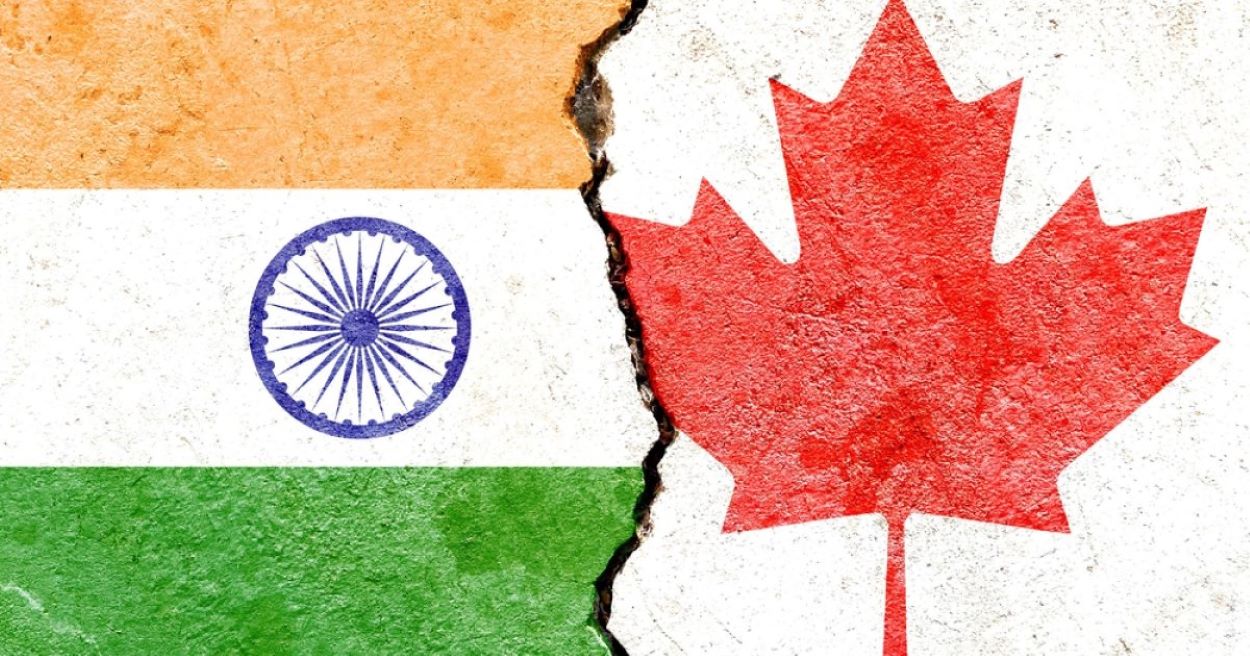Canada’s rejection rate for study permit applications from Indian students has risen dramatically, reaching 74% in August 2025. This figure marks a sharp increase from the 32% rejection rate recorded in August 2023, according to official immigration data.
The surge is part of a concerted effort by the Canadian government to reduce the number of temporary residents and address widespread fraud within the international student program. In contrast, the overall study permit rejection rate for all nationalities was 40% in August.
The number of Indian applicants has also plummeted, falling from 20,900 in August 2023 to just 4,515 in August 2025. This decline has had a tangible impact on Canadian universities.
The University of Waterloo, for instance, has reported a two-thirds drop in Indian student enrollment over the past three to four years. Other institutions, including the University of Regina and the University of Saskatchewan, have also noted significant declines.
Canada’s student visa crackdown hits Indian applicants hard, rejection rate soars to 74%
Details here⤵️| #Visa https://t.co/UGSAjzapcS
— Moneycontrol (@moneycontrolcom) November 3, 2025The policy shift follows the discovery of nearly 1,550 study permit applications linked to fraudulent letters of acceptance in 2023, most of which originated from India. Last year, a strengthened verification system flagged over 14,000 potentially fraudulent documents.
A spokesperson for Canada’s immigration department confirmed the implementation of “enhanced verification” for international students and increased financial requirements for applicants.
Read: Canada Designates India’s Bishnoi Gang as Terrorist
The visa crackdown occurs as Canada and India work to mend diplomatic relations, which became strained over allegations of Indian government involvement in the murder of a Canadian citizen in 2023.
While the Indian embassy in Ottawa acknowledged the high rejection rate, it emphasised that “some of the best quality students available in the world are from India.” However, some prospective students now express relief at being rejected, citing a tougher job market and a more difficult path to permanent residency in Canada.






